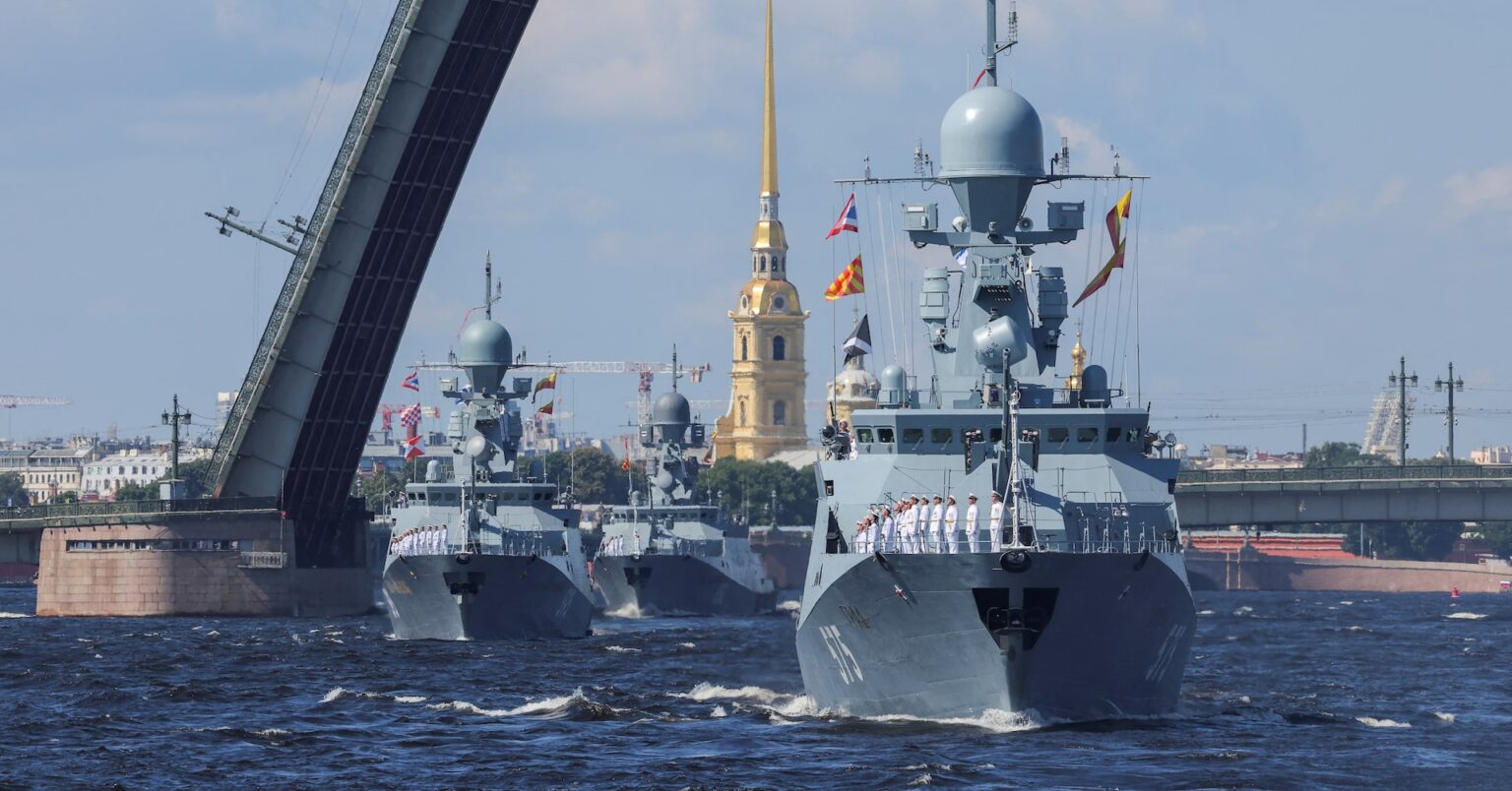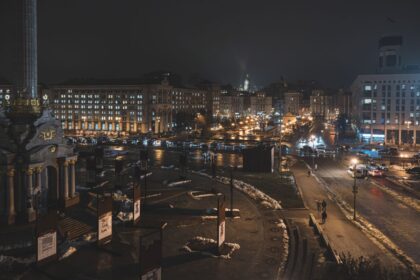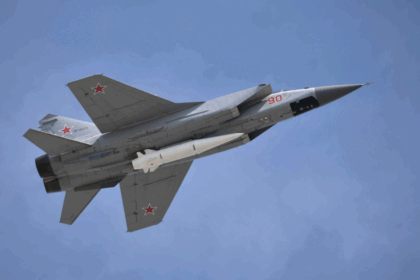**Russia Aims to Regain Maritime Supremacy with New Naval Strategy**
Russian President Vladimir Putin has given the green light to a new naval strategy, aimed at restoring Russia’s position as one of the world’s leading maritime powers. This move comes as Moscow seeks to boost its military might, particularly in the wake of losses suffered during the Ukraine war.
According to Kremlin aide Nikolai Patrushev, the new strategy – dubbed “The Strategy for the Development of the Russian Navy up to 2050” – was approved by Putin in late May. Patrushev, a veteran KGB officer and close associate of the President, believes that Russia’s naval prowess is gradually recovering.
**Russia’s Naval Strength**
While Russia’s navy may not be as powerful as those of China or the United States, it still boasts an impressive fleet of 79 submarines – including 14 nuclear-powered ballistic missile subs. The country also has a significant number of warships, with 222 vessels in total. Its main naval base is the Northern Fleet, headquartered on the Barents Sea.
**A Long-Term Plan**
The new strategy, as outlined by Patrushev, involves a long-term plan to develop the Russian Navy’s capabilities and address emerging challenges. This includes a focus on oceanic development, threat analysis, and setting clear goals for the naval force. The Kremlin aide stressed that this vision cannot be achieved without careful planning and resources.
**A Significant Investment**
Russia has been pouring resources into defense spending in recent years, with military outlays now rivaling Cold War levels as a percentage of GDP. This significant investment aims to support the country’s aspirations to regain its maritime supremacy.
**Global Naval Rankings**
Interestingly, a U.S. Department of Defence report published last year indicated that China had surpassed Russia and the United States to become the world’s largest naval power. The same report projected that Beijing’s battleforce will grow to 460 ships by 2030. However, Russia remains determined to reclaim its place among the global maritime elite.
Read More @ www.reuters.com












